When we talk about children’s good manners and education, most people think that it should start with kindergarten and continue through the education system. Still, what about young children who have not yet started kindergarten? Is it too early to try any work of this kind with them? The answer is simple: it can never be too early for child care and education.
This is the period when children meet educators, peers, obligations for the first time, even though they are more or less through play. The importance of child care and early education for children is enormous not only for the child in that period but also for their later age.
The foundations that are laid in early childhood are the basis of a person’s entire future life. They are just being upgraded, but are very difficult to change. Therefore, if you are a parent and you are in a dilemma about whether to enroll your child in a preschool institution, we offer you a few facts that will help you make a decision.
What does psychology say?
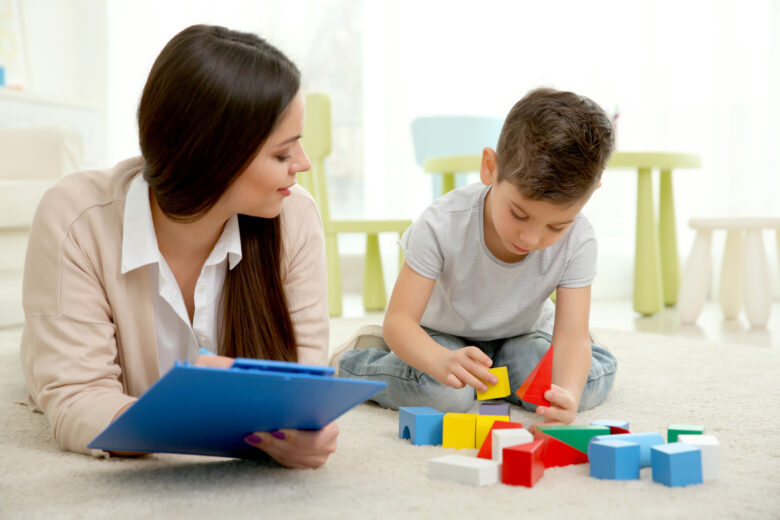
Source: birdpsychological.com
From birth until the children’s third birthday, their brain develops most of the neurons. So much of the development of the critical side of the brain happens before they go to kindergarten. Although the early period of a child is defined as the period from birth to the age of eight, the child begins to acquire social skills incredibly early, which will remain in him for life.
If directed correctly, a child at this age will not only learn basic skills but will also learn certain social and emotional skills. Simply put, everything he learns during this period is the right foundation for lifelong learning.
The importance of early education
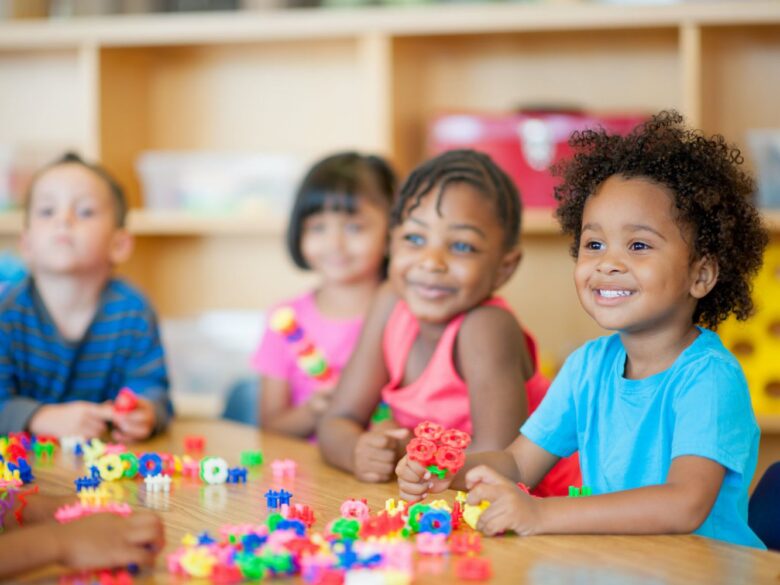
Source: verywellfamily.com
Only recently has the importance of early childhood education been given importance, while previously it was much neglected. Through its mission, the United Nations Educational, Scientific and Cultural Organization (UNESCO) seeks to contribute to the peaceful development of all children, regardless of gender, status or any other division.
It is from this organization that they say that education should not be understood as a simple preparation for school. It is much more than that and it’s extremely important for children.
The goal of any early education is the holistic development of the emotional, cognitive, social and physical needs of the child himself. They emphasize that this is a period in which children learn how to be responsible and caring future citizens.
In preschool programs, the content and manner of its presentation are appropriate for children of this age, and educators are instructed on how and in what way to approach the child. For the child himself, this is perhaps once a happy, but extremely precious period.
Here, for the first time, they meet teachers and friends. Unlike communication with parents, this is a new, different type of communication that the child has yet to learn. During this period, they discover interests that will in one way or another be dominant for the rest of their lives.
The process of socialization
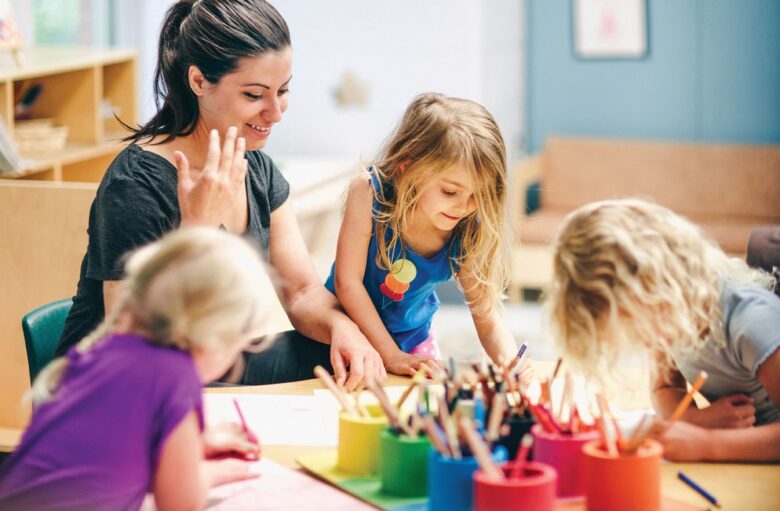
Source: senecacollege.ca
Social components are something that parents pay very little attention to at the very beginning until they face a certain problem. Studies show that children who attend early education and care have a built-in social skills system. They know how to treat teachers, friends. They developed listening and sharing skills. These are just some of the social skills that are needed throughout life.
In the group, children will learn how to be more tolerant, how to communicate better and respect others. Not only that, they will learn a lot about their own emotions, but also about how to deal with their feelings. This is especially important for children who do not yet have siblings.
Better attention, concentration, self-esteem and self-confidence
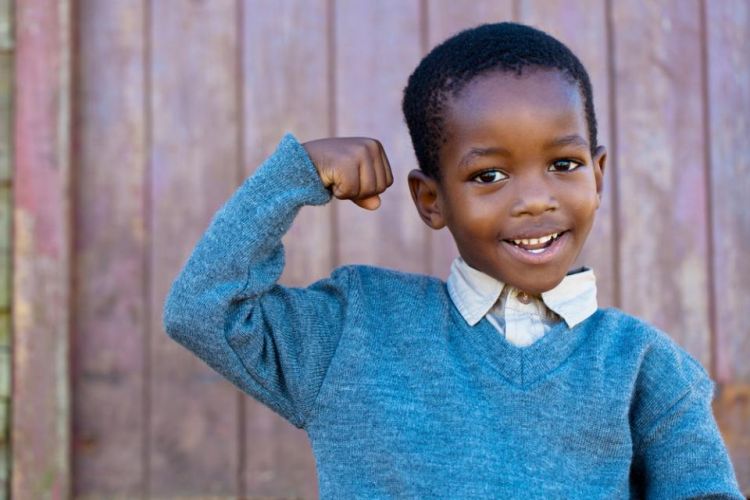
Source: bamradionetwork.com
The relationship that children create in early education with their teachers and friends can have many benefits. It is through this relationship that a child’s self-esteem is built. A self-confidence that the child will carry through life is built on a similar level. If a mistake is made here, a child, later an adult, will always have problems with self-confidence no matter how hard he tries to develop it.
At this age, we all know how difficult it is to direct children’s attention and encourage them to concentrate on something concrete.
However, if you have chosen the right preschool institution, the programs and educated educators will dedicate most of their time to this: developing the range of attention and increasing the concentration of children in the institution.
Later results

Source: biglifejournal.com
Statistical research gives a clear answer: children who participated in early education have much better results when they start attending school. The areas in which their knowledge and progress stand out the most are mathematics and reading.
And not only that. It has been shown that children who have not attended a preschool or kindergarten have a lot of problems with learning, and this group includes the largest number of children who fail at school. So staying at home is not an option.
Likewise, almost all children who attended some form of education before enrolling in school, most often finish high school and move on. Similar results are in terms of graduation. Of the total number of children who attended preschool education, an average of 80% successfully graduated.
How to choose the right institution for your kid?
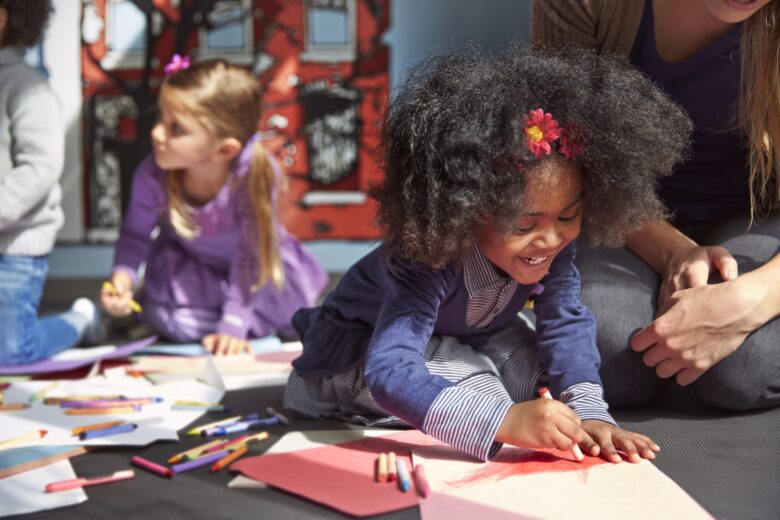
Source: parents.com
According to Wee Watch, when choosing a preschool for your child, we assume that it will primarily depend on your location or the location of your job. However, don’t let location alone be crucial. However, it is the first preschool institution where your child will acquire the basics that he will deal with all his life. So think carefully and throw in a little research to meet both criteria: location and quality.
Some programs, in addition to standard education, also offer opportunities to learn music, fine arts, good manners and the like. If your school has such classes, you are probably on the right track. In addition to this, great attention should be paid to teachers. First and foremost, they need to be approachable and creative. Call and schedule a visit to the institution before enrolling your child. Be sure to talk to staff and potential teachers.

